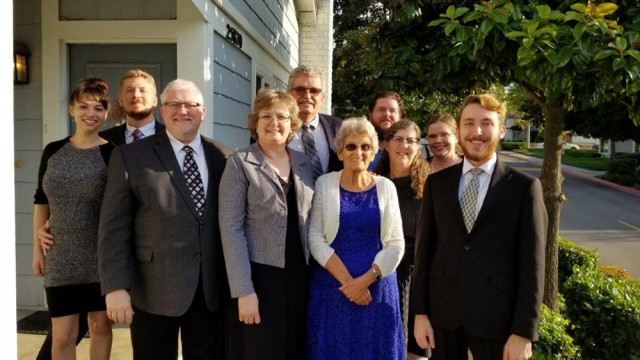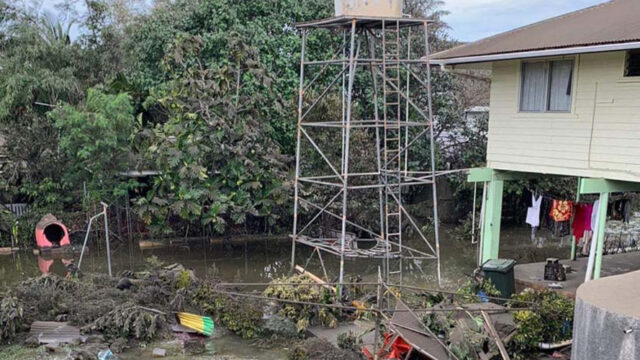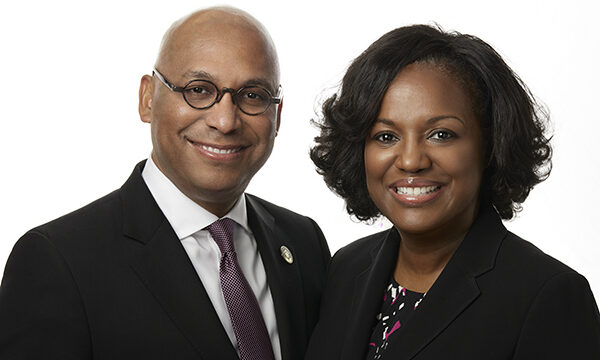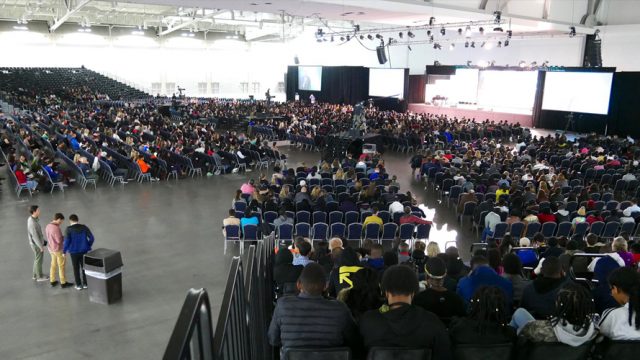Hope Channel France will mainly cater to a post-modern, secularist audience.
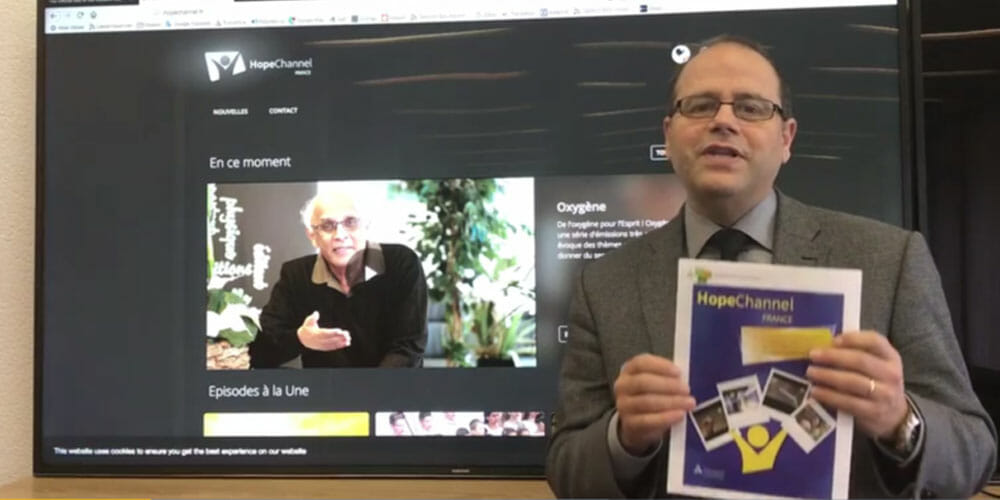
Saturday Jan. 13 marked the first official broadcast of Hope Channel France, the new Seventh-day Adventist Church Internet TV channel, operating from Paris, France within the Franco-Belgian Union Conference church region. In this first transmission, five pastors spoke about their vocation and how they live it out.
“Hope Channel France will broadcast in French under the direction of Jethro Camille,” said secretary general of the Franco-Belgian Union Conference Jean-Paul Barquon in introducing the new channel. “Its mission is to share the good news of the gospel and to explain the message of the Bible. Its programs inspire the Christian faith, and address issues of spirituality and religion, health, family, the church and questions which one poses within Christianity.”
Barquon explained that Hope Channel France is part of a network comprised of dozens of Seventh-day Adventist TV channels in different languages and countries. “Hope Channel France is one of the 43 branches of the Hope Channel network, transmitting in 39 languages around the world,” he said. He also reminded the audience that the programs across its 43 branches around the world are adapted to the local culture and broadcast in many languages, including Spanish, Portuguese, German, Romanian, Mandarin, Russian, Tamil, Hindi, Ukrainian, Arabic, Farsi and Telugu, on multiple platforms.
Great Challenges Ahead
Barquon said that any religious initiative in the region faces important challenges, as the French-speaking West is not a religious society, and there is a strong rise in religious indifference. There are also many self-declared atheists, he said.
“Confirmed atheism describes the person who does not believe in God, and even thinks that religion is evil and therefore must be eliminated,” Barquon said. “Some have gone so far as to copy religious rites to create forms of religion without God…. Atheism then, becomes a form of religion.” He added that in some countries, atheism is equivalently recognized as a religion. “In Belgium, for example, where religions are subsidized by the state, so is organized atheism,” he said.
The specific situation in France is not very different, according to Barquon. “In France, atheism is not necessarily on the rise, but it is the religious indifference that is gaining momentum,” he said. “We have two minority groups, the atheists (15%) and the practicing believers (10%). According to experts, in between the two, there is an ever-growing undetermined space.”
Barquon said he expects Hope Channel France to carve a niche in that segment of the French and Belgian population. “It is specifically for those people indifferent to religion that Hope Channel France will develop many of its programs,” he said.


